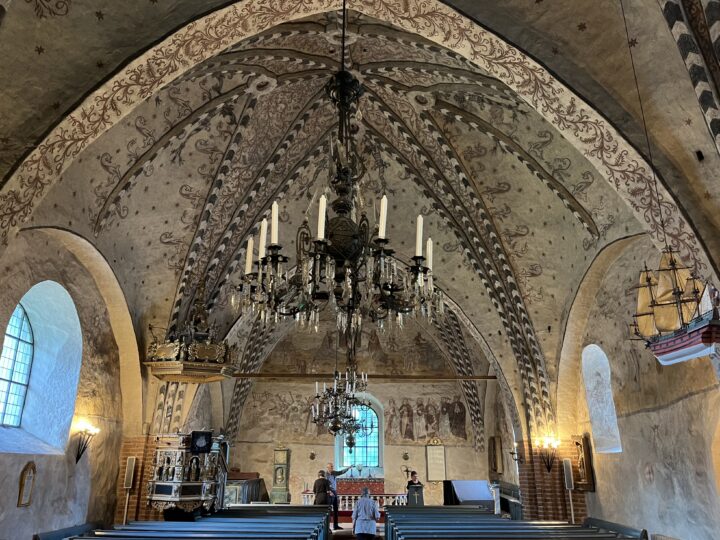CfP for two sessions on medieval devotion
Together with Thomas Devaney (Univ. of Rochester, USA), I am organizing two sessions at the 60th International Congress on Medieval Studies in Kalamazoo on May 8–10, 2025. The official call for papers has been posted on the website. Complete descriptions of each session, along with links to propose papers, are available on the Confex proposal portal. You can find our sessions there and submit your proposals. Alternatively, you can use the direct links provided below.
Proposals for papers will be accepted through September 15.
Please, do not hesitate to contact us for further information!
The first session is titled ”Holy Objects and the Senses” (ID: 6246). To submit proposals directly to this specific session, please, use this link:
https://icms.confex.com/icms/2025/paper/papers/index.cgi?sessionid=6246
Abstract of the session:
Recent scholarship has continued to clarify the role of the senses in medieval understandings of religious experience. Though seen to function in various ways, the senses permitted access to the immanent presence of the divine in the world, revealing the spiritual significance of material reality. Everything in the physical universe had divine potential—all was part of creation—and so the lived sensory experience of religion was broad indeed. Even vicarious sensory experience, through visualization or dreams, might lead to spiritual insights. This panel welcomes papers on any topics related to religious experience, physical objects (broadly defined), and the senses.
Organizers: Thomas Devaney (thomas.devaney[at]rochester.edu) & Marika Räsänen
The second session is titled “Lived Religion and Relics” (ID: 6267). To submit proposals directly to this specific session, please, use this link:
https://icms.confex.com/icms/2025/paper/papers/index.cgi?sessionid=6267
Abstract of the session:
From late Antiquity to the present day, the divine power of relics has been an inseparable part of people’s lives in the Catholic world. Much has been published on relics. Yet, as the concept of the relic and its sub-categories are a creation of modern ways to classify them, our understanding of them remains restricted. Reading medieval sources in the light of modern categorization can prevent us from understanding what medieval people regarded as relics at a practical level. This panel invites to consider medieval materiality and the blurred boundaries between everyday items and devotional objects in medieval lived religion.
Organizers: Marika Räsänen (marika.rasanen[at]utu.fi) & Thomas Devaney
***
The cover image: Church of Rymättylä, Finland (photo credits MR)
